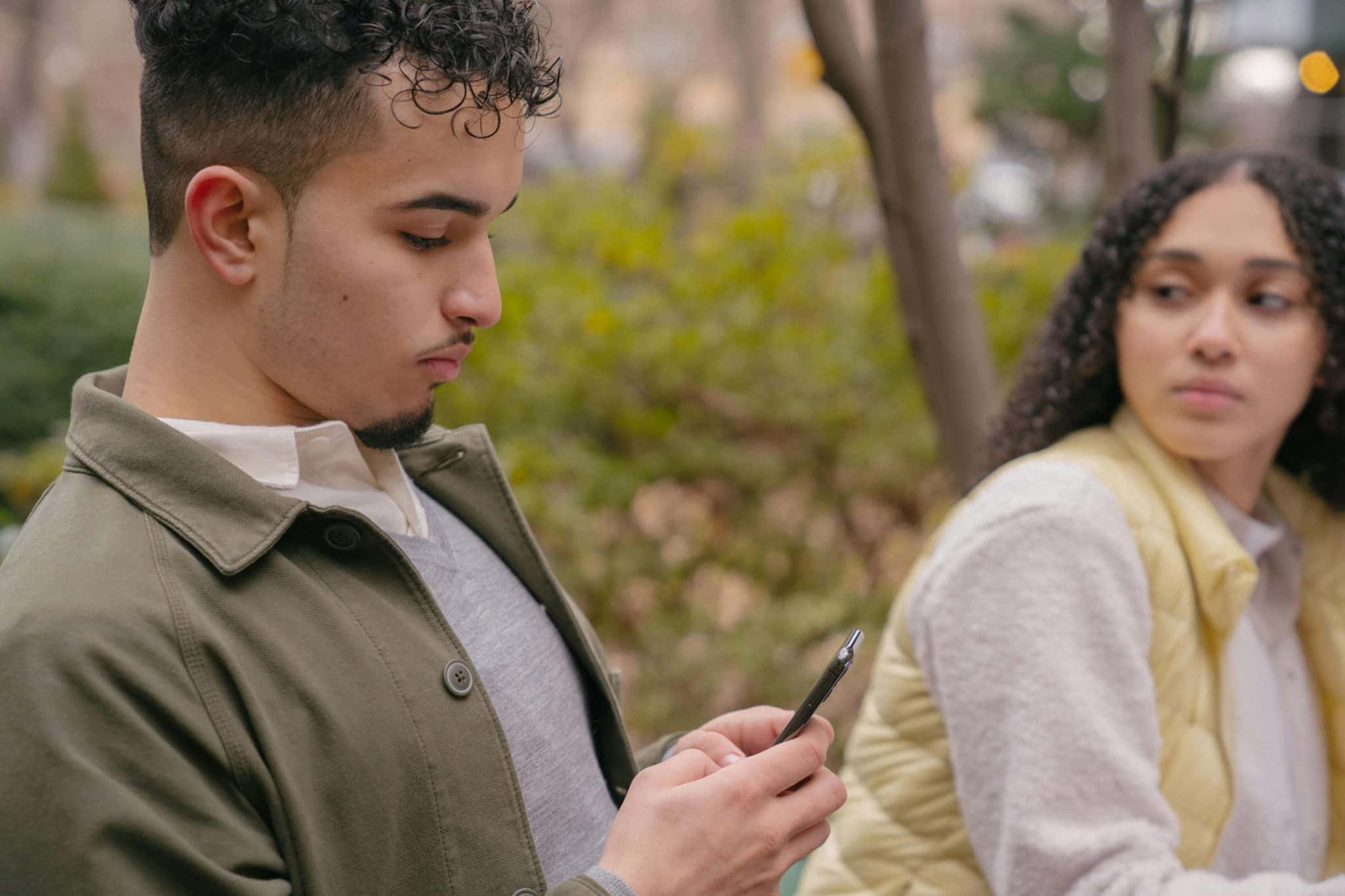Susie Alegre: Finding Freedom of Thought in a Data-Driven World

A writer and human rights lawyer on how technology can interfere with our inner freedom

As an international human rights lawyer with over 20 years’ experience, and with a particular interest in human rights and technology it made sense that Susie Alegre would be a Freedom user! Susie is a barrister and associate tenant at the renowned Doughty Street Chambers, a Senior Research Fellow at the University of Roehampton, an Associate of the Policy Practice, and is also writing a book due for publication in early 2022 – so she knows a thing or two about productivity! We were excited to sit down with Susie to find out more about her interesting career path, the way she works, and learn more about the impact of technology and AI on the rights to freedom of thought and opinion.
You’re an International Human Rights Lawyer as well as an author and speaker. Which came first? Or did the writing evolve organically alongside your work in Law?
I’ve been a writer for as long as I can remember – that was always the plan and I first studied French and Philosophy with no thought whatsoever of the law. It was only when I worked on peacebuilding in Spain that I discovered international human rights law and understood how deeply the law molds our world that I was inspired to go back to train as a barrister.
As someone who wears many hats, how do you prioritize what tasks, activities, or people get your time each day?
I am very keen on deadlines – the harder the better – which helps with prioritization. I write lists of things I need to do by hand and literally tick them off. And I set times after which I switch off the technology. I am still practicing saying no when my plate is too full.
What are your biggest distractors while writing and how do you conquer them?
During lockdown, family is a big distractor – life goes on all around you. I try to write at times when my daughter is asleep or busy to avoid interruption. At the moment I have found the news cycle and the urge to understand the latest twist in the pandemic story very distracting. I use Freedom to block distracting websites for blocks of several hours at a time and I have switched to Radio 3 in the morning for some peace!
The more you use it, the more money your attention is worth. Take a step back and ask yourself where you want to put your attention and how you can make that happen.
At what point did you realize that tech was taking a toll on your productivity and time?
About four years ago, I started doing some writing exercises in a cafe on a Saturday morning and I found I was constantly being drawn to check my phone although there was nothing I really needed to check. I started to write about that and it helped me realize what an impact it was having on my time and my life.
How do you stay motivated and focused on a daily basis? Do you have a routine, process, or place that helps to get into a productive flow?
I’m not very good at routine but I am quite good at working in bursts and being productive when I have a moment. Deadlines really help with that and walking my dog always gives me new inspiration that I have to get down on the page.
What is the most rewarding aspect of your work?
Seeing things change – whether it is just a lightbulb moment for someone to realize how human rights are important in their lives or a change in law and policy that will affect many people.
What do you do outside of your work routine that helps you stay productive?
I sleep long hours – if I don’t get enough sleep I can’t focus. And I walk my dog every day which is perhaps the most creative time for me.
You’re currently working on a book that discusses technology’s impact on our right to freedom of thought. What was it that sparked your interest in this?
When I first read about behavioral micro-targeting of the kind used by Cambridge Analytica in elections, I realized that the issues raised went beyond privacy and personal data. The idea that a company could claim to know how your mind works and use that to press your psychological buttons on an individual basis at scale seemed to me to be more about the freedom inside our minds and something that had serious implications for all of us.
What do you consider the biggest threats to freedom of thought today?
The way that the data economy has become focused on the sale of what Shoshana Zuboff calls “human futures” is a big risk to our right to freedom of thought. It touches every aspect of our lives – education, entertainment, politics, health, justice. Every time someone sells insights into your mind gleaned from your data, they are effectively selling the potential to manipulate you to make you behave in a way that may not be in your interests.
Being aware of the way your data is collected and used and making choices about the tech you buy and how you use it will help both to protect you and to change the dynamic in the market place.
What can we do as consumers of technology do to ensure that the right to freedom of thought is preserved? What about Tech companies?
As consumers, being aware of the way your data is collected and used and making choices about the tech you buy and how you use it will help both to protect you and to change the dynamic in the market place. Reducing your reliance on technology for your daily life by making tech-free space in your day can also help. Tech companies should consider the human rights impacts of their products and research, not just from a compliance perspective but also for future scanning. Without freedom of thought, we will lose the capacity for innovation and that is not good for anyone.
What is something everyone should know about how technology impacts our lives, focus, or productivity?
The majority of consumer technology today is designed to keep your attention because the more you use it, the more data it can gather about you. It is not what you say or how you write that matters, it is the granular information about how you live. It is no accident that you find it hard to put down a device or leave a game. The more you use it, the more money your attention is worth. Take a step back and ask yourself where you want to put your attention and how you can make that happen.
What advice would you offer less experienced writers – especially in regard to staying productive, motivated, and focused?
It’s important not to wait for a seamless stretch of time to write. I have always snatched moments to write – on the train, on a park bench, whenever I have a moment of inspiration. And most of that writing, at least initially, is by hand – pen on paper – away from digital distraction. The more you write, the more focused you become on what you are writing about and the more time you find for it.

You can learn more about Susie and her work on her website.


